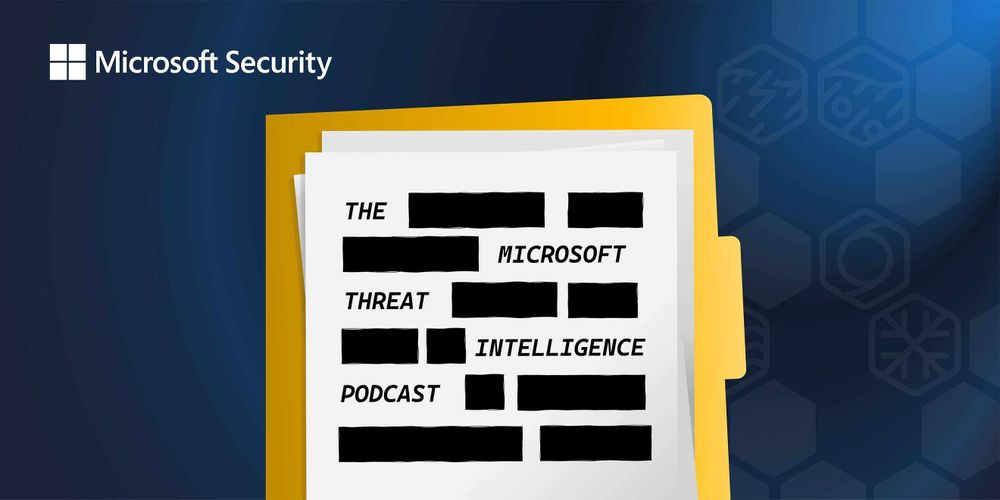Microsoft Threat Intelligence
@threatintel.microsoft.com
1.6K followers
56 following
140 posts
We are Microsoft's global network of security experts. Follow for security research and threat intelligence. https://aka.ms/threatintelblog
Posts
Media
Videos
Starter Packs









